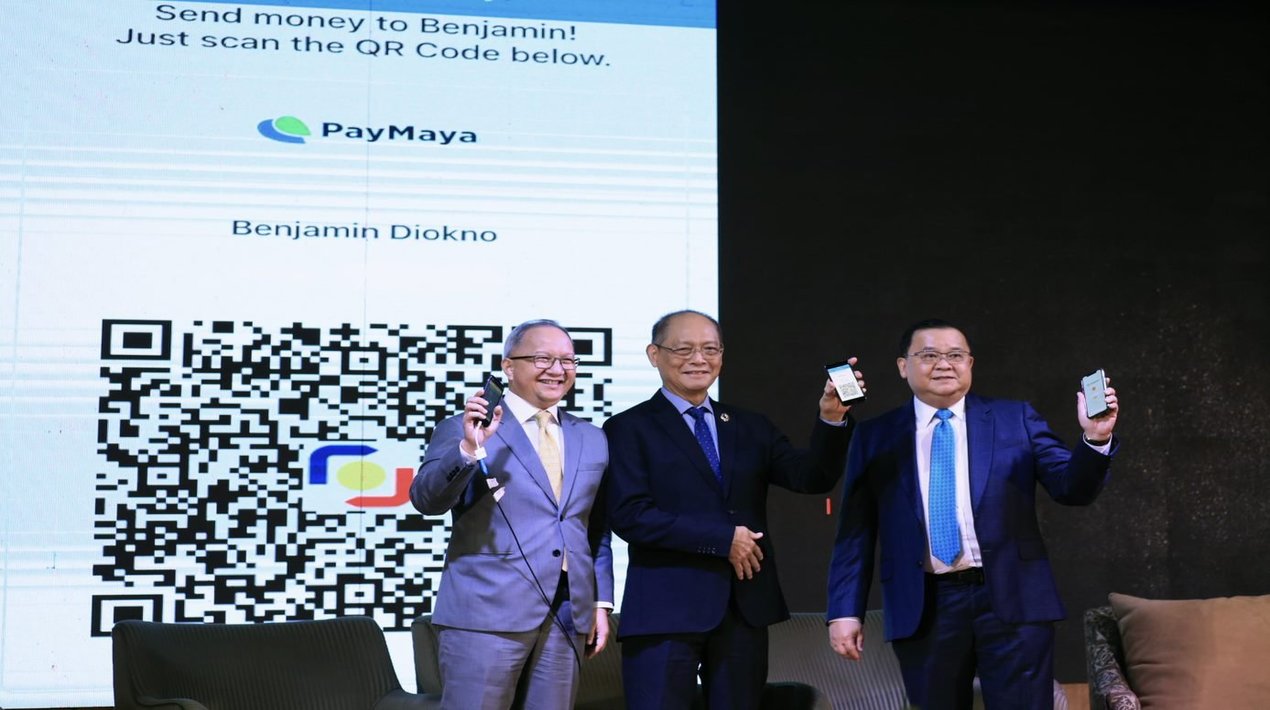
The Philippines’ Bangko Sentral ng Pilipinas (BSP) officially launched the national quick response (QR) code standard for consumer-to-business payments with a digital payment company as the first financial technology firm in the country to adopt QR PH for merchants.
With the tech firm’s rollout of QR PH to its merchant partners, businesses can now accept cashless payments not just from their users’ wallet but also from any accountholder of QR PH participating banks and other e-wallets. The tech firm treats this as another milestone in their mission to build a cashless Philippines as they become the first fintech company to support the BSP in its effort to accelerate digital payments around the country through the launch of QR PH for merchants.
As a participating institution, the tech firm is now rolling out the QR PH standard to its more than 116,000 merchant partners using its payment devices, gateway, and QR displays. The company is said to be the largest non-bank payment acquirer in the Philippines, enabling all types of enterprises to accept cashless payments — from big retailers, e-commerce players, and government to micro, small, and medium-sized (MSME) merchants. For merchants, this means a more streamlined payment acceptance experience, eliminating the need to use multiple QR codes catering to single wallets or accounts.
With the new normal brought by COVID-19, QR PH for retail payments will get more businesses from MSMEs to the largest merchants to go digital as more Filipinos can now easily and safely do interoperable digital payments using their mobile phones.
The BSP is targeting a full nationwide rollout this year as it targets to achieve a “cash-lite” economy by 2023. Under its Digital Payments Transformation Roadmap (DPTR), it envisions converting 50% of the total volume of retail payments into digital and increase the number of adults with financial accounts to 70% of the population.
As reported by OpenGov Asia, the BSP highlighted how the pandemic has been a catalyst for financial digitalisation, as mobility restrictions prompted more people to use digital payments. In 2020, over 4 million new electronic financial accounts were created in the Philippines. Cybersecurity is also top of mind for the BSP as it seeks to build public trust in digital banking, adding that digitalisation measures go hand in hand with ensuring a safe cybersecurity environment with fintech institutions facing the same regulatory environment as banks.
BSP further explained that the government’s strategy to increase internet access across the country is concurrent and crucial to the BSP’s efforts to expand financial inclusion. The country’s central bank also provided detail on how they are running financial and digital literacy programmes with local communities such as fishermen and state institutions including the Civil Service and Philippine National Police (PNP).
The BSP expects a further surge in the use of digital platforms for payments and in the number of Filipino adults with financial accounts over the near term, highlighting that the BSP is on track with its financial inclusion and digitalisation goals. They also recognise the importance of the country’s National ID System (PhilSys), in which mass registration is ongoing. This will help facilitate the Philippines’ digitalisation and financial inclusion goals. The PhilSys will squarely address the problem of lack of formal IDs among the marginalised, which is a major barrier for them to open a bank or financial accounts, the BSP added.
By using digital payments with due care and vigilance, Filipinos reduce the need for mobility and prevent health risks from face-to-face and over the counter (OTC) financial transactions. The greater usage of digital payments will also facilitate the growth of Fintech businesses engaged in e-commerce businesses as the consumption of goods and services is increasingly driven by online purchases.
















